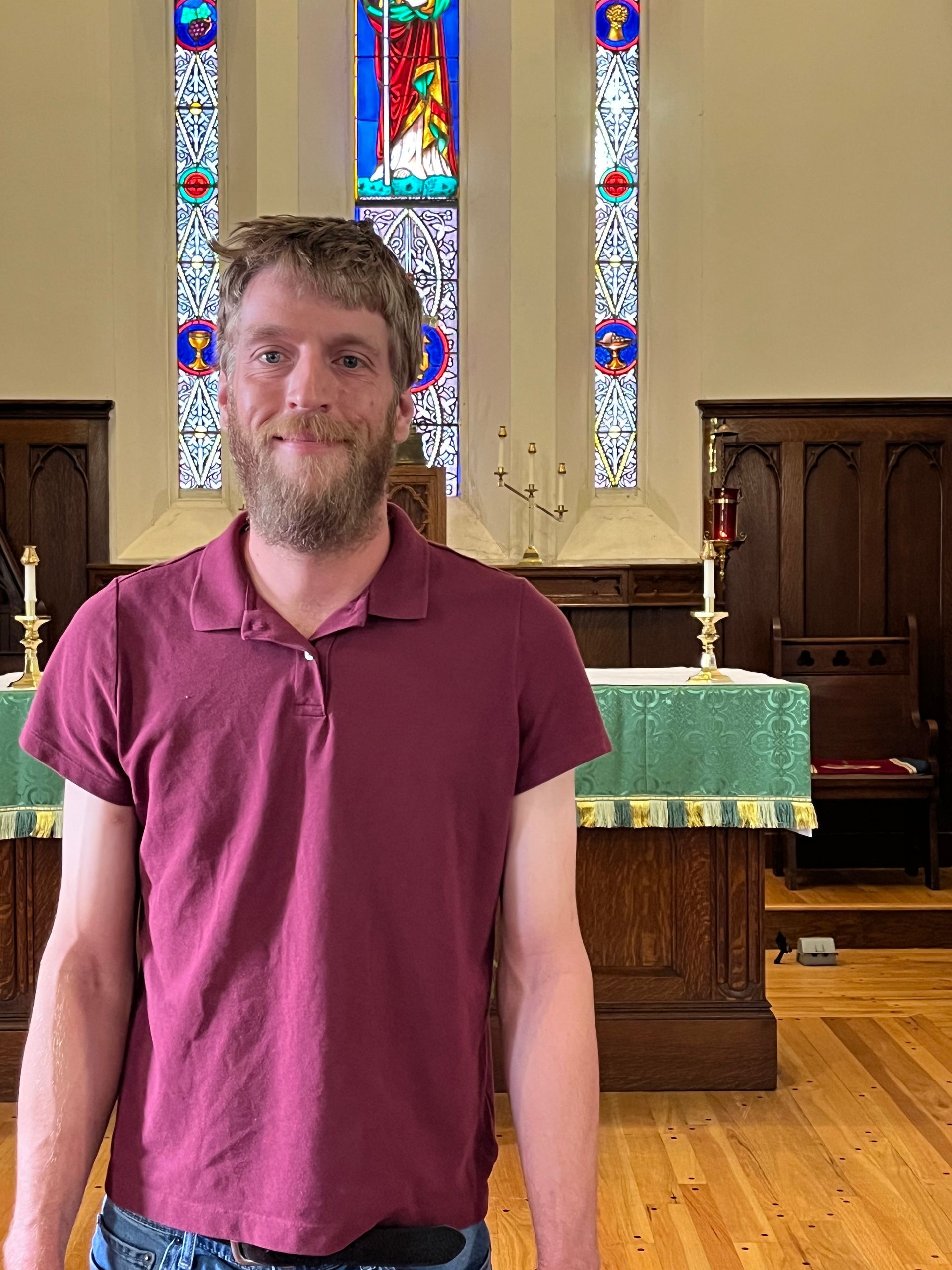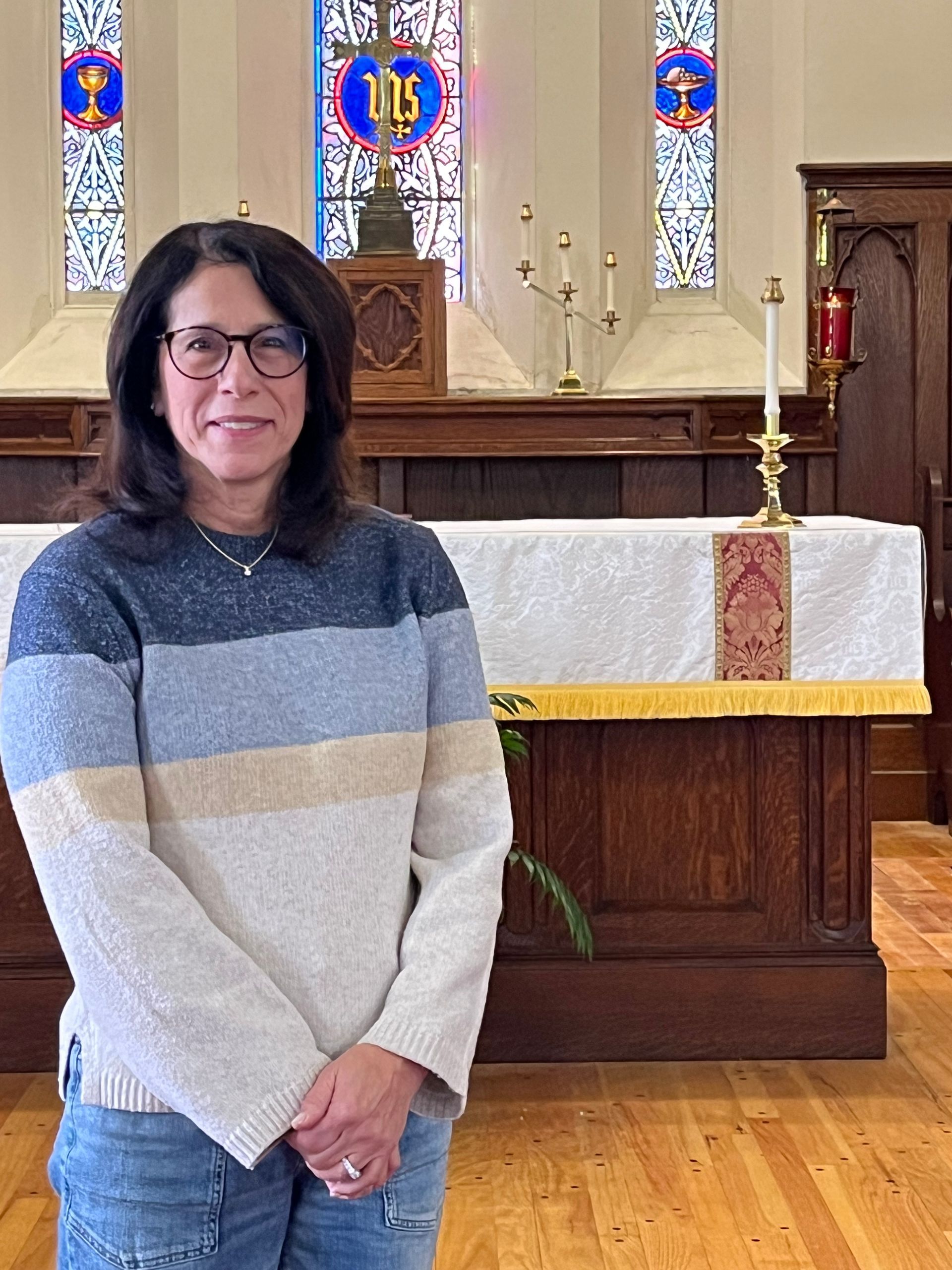Sunday, July 13, 2025
Written by Vestry Member, Linda Dickey
Dear Friends of St. Thomas,
Our reading for this Sunday is Luke 10:25-37, the well-known story of the Good Samaritan. Imagine, if you will, that you have need to travel to a nearby city, but to get there, you have to travel a dangerous road – one beset by all manner of obstacles. Eighteen miles downhill on a winding, stony pathway, in the parching sun and dust, with little water along the way. Thieves are around every turn. To make it worse, you determine to do it alone, an unwise decision. Inevitably you come across some thieves, who attack and take everything you own, even the clothes on your back, leaving you for dead on the side of the road. In your weakened state, you see religious leaders and religious people pass you by. Finally, a member of a marginalized community, whom you have been taught to hate, approaches. You think you are done for, but he takes care of you, at his own expense, and brings you to safety.
Most of us are familiar with this story in this Sunday’s gospel, but we have been taught to look at it from the other side. We have usually been the one doing the helping, not receiving it, in our version of this story. Jesus was answering the question of ‘who is my neighbor’ in a raw, real way, not in the abstract. He doesn’t say ‘those who live next to us’, or ‘those in our social class’, or ‘those whom I like’. When life has beaten us down, and we are in dire need of help, it is those whom we least expect, and those whom we may have looked down upon, who step up to help. So, in response to the question of ‘Who is my neighbor?’, Jesus states that our neighbor is anyone who needs our kindness, or gives us the same, no matter their proximity or status, no matter who they are. No matter if we feel they deserve it or not.
This was brought home to me one day a few years ago in Mississippi, as my wife and I were driving in the city of Jackson. At a stoplight, an obviously high young man, who had clearly not washed in weeks, stumbled into the side of our car. My first reaction was to want to close the window and pray that the light would turn green quickly. My wife, however, got out of the car, led the man to safety on the side of the road, and made him sit in the shade. She left him with a bottle of water and all the cash in her wallet, not caring what he might do with it. This man was most likely one of the majority of Jackson residents who often gave us, as a lesbian couple, difficulty on a daily basis in that part of town, and looked down on us. Yet, like the Samaritan in the story, she displayed kindness and mercy towards him when he needed help, clearly showing who was her neighbor. Ashamed, I felt like the priest or Levite in the story. We have all been various characters in the story at one point or another in our lives, needing help from others, and giving help when we can.
The Samaritan in Jesus’ parable is not just a kind individual; he is a model of what beloved community looks like—rooted in mercy, not merit; in kinship, not convenience. The Book of Common Prayer reminds us in the Baptismal Covenant that we are to “seek and serve Christ in all persons, loving your neighbor as yourself”. Let us continue to do likewise this week, as so many in this community do so well, not out of desire for praise or approval, or out of guilt, but out of love for each other and all our neighbors.
e. To edit this text, click on it and delete this default text and start typing your own or paste your own from a different source.










